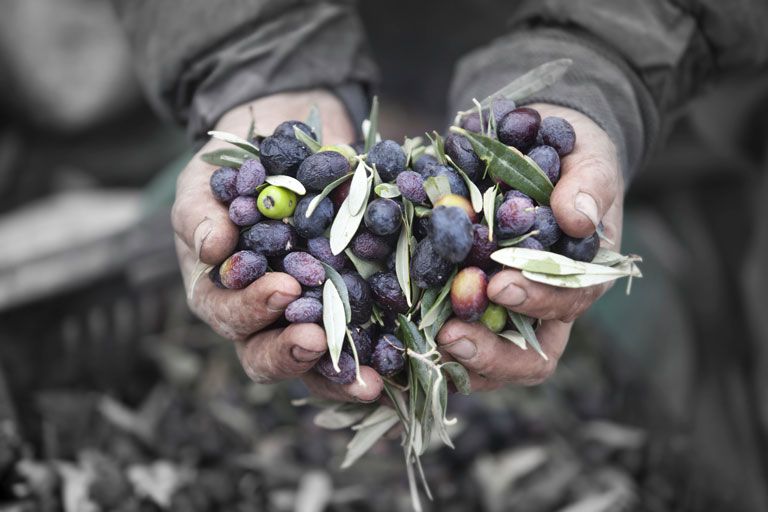The 50th anniversary celebration of the Lisbon Agreement on the Protection of Appellations of Origin and their International Registration took place at a ceremony on October 31 in Lisbon. The ceremony rounded off a two-day Forum, co-hosted by WIPO and the National Institute of Industrial Property (INPI) of Portugal in the city which gave birth to the Agreement in 1958, after many years of difficult negotiations.
WIPO Director General Francis Gurry addressed over 200 participants from some 50 countries during the ceremony, stressing the importance of geographical indications as a means of differentiating products within an increasingly global, and ever-more standardized, marketplace. He also underscored their “enormous potential, in particular to developing countries, in terms of allowing them to reap the benefits of added value based on unique characteristics of certain products originating in these countries, including products derived from traditional knowledge.” He urged Member States to demonstrate the same pioneering spirit and determination as that of the great Portuguese explorers in advancing the future development of the Lisbon system.

The Lisbon System’s 50th anniversary ceremony was headed by Mr. Christophe Guilhou, Chair, Lisbon Union Assembly, Mr. Francis Gurry, Director General, WIPO, and Mr. António Campinos, President, National Institute of Industrial Property (INPI),Portugal.
Lisbon attracts new adherents
Geographical indications are understood by consumers to denote the origin and the quality of products. Although many geographical indications and appellations of origin concern agricultural products, other goods with a unique identity deriving from a specific region can also benefit from this form of intellectual property. The Lisbon Agreement provides an international legal framework with a large degree of flexibility in its implementation by contracting parties without impinging on the effectiveness of protection accorded to geographical indications registered internationally.
In the first four decades of its existence, the Lisbon Agreement attracted only a small number of Member States. During that period there were various unsuccessful attempts to create a new system for the international registration of geographical indications that would have a much wider geographical coverage. However, since 1997, ten new countries have acceded to the Lisbon Agreement and several others are considering doing so.
What lies behind this renewed interest? First, many countries have established national systems for the protection of geographical indications that focus on a delimitation of the relevant geographical area based on criteria corresponding to those applicable under the Lisbon Agreement with respect to appellations of origin. Second, unlike the TRIPS Agreement1 – which prescribes a higher level of protection for geographical indications for wines and spirits than it does for other products – the Lisbon Agreement requires Member States to protect all appellations of origin, regardless of the product category to which they relate. This is certainly important to the many countries whose geographical indications concern products other than wines or spirits.
Possible improvements to the existing procedures under the Lisbon Agreement will be explored in more formal international discussions scheduled to take place in March of next year within the context of a Working Group established in September 2008 by the Assembly of the Lisbon Union. This will provide an opportunity to build on an Agreement that elegantly combines effective protection with flexible application – an instrument whose time has come and that may well still be thriving in another 50 years’ time.
Forum explores challenges
Discussions during the Forum included the challenges facing the Lisbon System; interpretation of the provisions of the Agreement in the light of its negotiating history; and its possible link to regional systems such as those existing in the European Community and the African Organization for Intellectual Property. The Forum also discussed the opportunities that geographical indications and appellations of origin offer to products from developing countries and the importance of facilitating their international protection. The Forum served to promote a better understanding of the Lisbon System ahead of the more formal international discussions scheduled to take place in March.
1. The Agreement on Trade-Related Aspects of Intellectual Property Rights, of the World Trade Organization (WTO)
